Improve Your Environment!
Grow Ecologically.
Balance Your Soil's Microbiota.
| Comprehensive or Basic Soil Test |
| Algae Fertilizers |
About
EARTH BIOLOGY LAB is a Grand Rapids, Michigan based “soil life” laboratory service specializing in soil life microscopy. Our goal is to assist you in determining what is living in your soil. The microscopic creatures that live in your soil are critical to the health of your plants, animals, and ultimately You. We look deep into your soil for the creatures that affect soil structure, which can prevent soil erosion and increase water availability, promote decomposition and nutrient cycling, and protect your crops from pests and diseases. With our help, you can know the facts about your soil life and take action that can positively affect plant growth and stem the amount of unnatural pesticides and chemicals in you environment. Additionally, the soil is home to a large proportion of the world’s genetic diversity. We can help you dig into the DNA of your plot.
Having a balance between soil biota, water, oxygen, plants, animals, and humans within a soil environment promotes overall health. The first step to understanding where you stand, is requesting a Soil Life Test.
Lab Services
$49.00
This test measures the active biomass of both fungi and bacteria.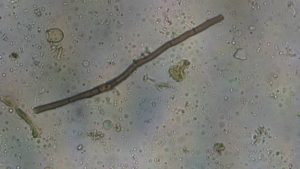
Active organisms, meaning alive and not dead. These two (2) organisms are responsible for cycling nutrients, reproducing and producing enzymes in the soil or any compost. These enzymes help keep weeds and pest under control as well in a soil system where there are no extreme diseases or one that is in the process of developing. The health of your plants, animals, and your family as well is now optimized. Read more in our links to research done on these matters.
This analysis provides the following data:
- Total Beneficial Bacterial Biomass and Diversity (μg/g)
- Active Beneficial Bacterial Biomass and Diversity (μg/g)
- Total Beneficial Fungal Biomass and Diversity (μg/g)
- Active Beneficial Fungal Biomass and Diversity (μg/g)
$99.00
This test measures the active biomass of fungi, bacteria and protozoa.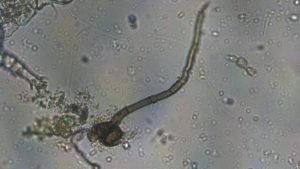
Active organisms, meaning alive and not dead. These three (3) organisms are responsible for cycling nutrients, reproducing and producing enzymes in the soil or any compost. These enzymes help keep weeds and pest under control as well in a soil system where there are no extreme diseases or one that is the process of developing. The health of your plants, animals, and your family as well is now optimized. Read more in our links to research done on these matters.
This analysis provides the following data:
- Total Beneficial Bacterial Biomass and Diversity (μg/g)
- Active Beneficial Bacterial Biomass and Diversity (μg/g)
- Total Beneficial Fungal Biomass and Diversity (μg/g)
- Active Beneficial Fungal Biomass and Diversity (μg/g)
- Total amoebae (#/g)
- Total flagellates (#/g)
$149.00
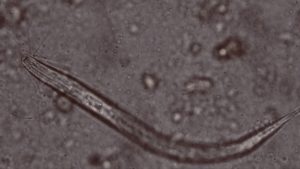 Active organisms, meaning alive and not dead. These four (4) organisms are responsible for cycling nutrients, reproducing and producing enzymes in the soil or any compost. These enzymes help keep weeds and pest under control as well in a soil system where there are no extreme diseases or one that is the process of developing. The health of your plants, animals, and your family as well is now optimized. Read more in our links to research done on these matters.
This analysis provides the following data:
Active organisms, meaning alive and not dead. These four (4) organisms are responsible for cycling nutrients, reproducing and producing enzymes in the soil or any compost. These enzymes help keep weeds and pest under control as well in a soil system where there are no extreme diseases or one that is the process of developing. The health of your plants, animals, and your family as well is now optimized. Read more in our links to research done on these matters.
This analysis provides the following data: - Total Beneficial Bacterial Biomass and Diversity (μg/g)
- Active Beneficial Bacterial Biomass and Diversity (μg/g)
- Total Beneficial Fungal Biomass and Diversity (μg/g)
- Active Beneficial Fungal Biomass and Diversity (μg/g)
- Total amoebae (#/g)
- Total flagellates (#/g)
- Presence of bacterivore nematodes (#/g)
- Presence of fungivore nematodes (#/g)
- Presence of predator nematodes (#/g)
$199.00
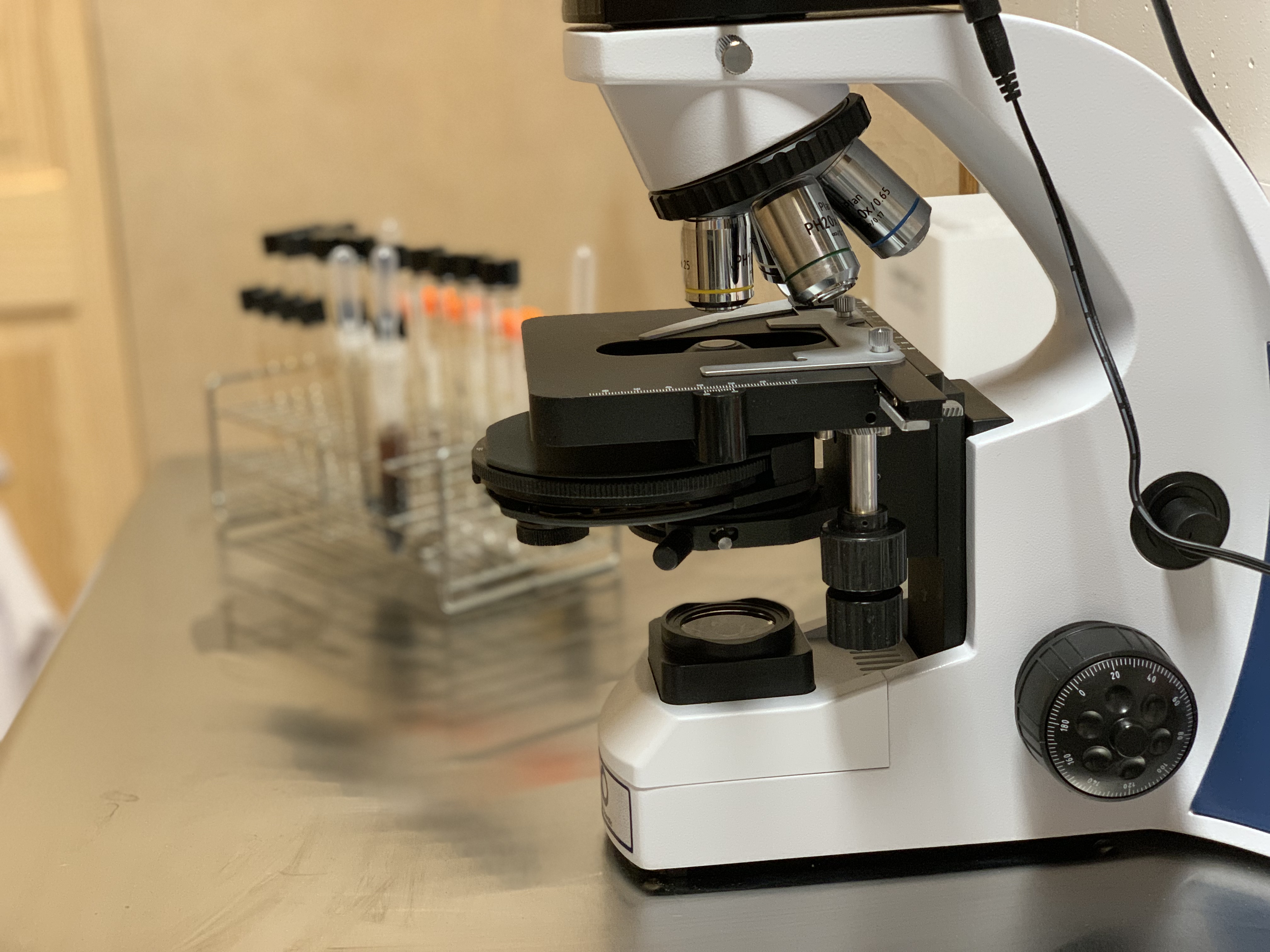 This analysis provides the following data:
This analysis provides the following data: - Beneficial organisms
- Total bacteria biomass (μg/g)
- Total fungal biomass (μg/g)
- Total amoebae (#/g)
- Total flagellates (#/g)
- Total actinobacteria (μg/g)
- Presence of bacterivore nematodes (#/g)
- Presence of fungivore nematodes (#/g)
- Presence of predator nematodes (#/g)
- Non beneficial organisms
- Total Oomycete biomass (μg/g)
- Total ciliate biomass (#/g)
- Presence of root feeding/parasitic nematodes (#/g)
- Pathogen and disease bacteria (yes or not applicable)
- Facultative anaerobes
- Bacteria (“Yes” or “Not Applicable”)
- Soil Biology ” Soil Food Web”
$399.00
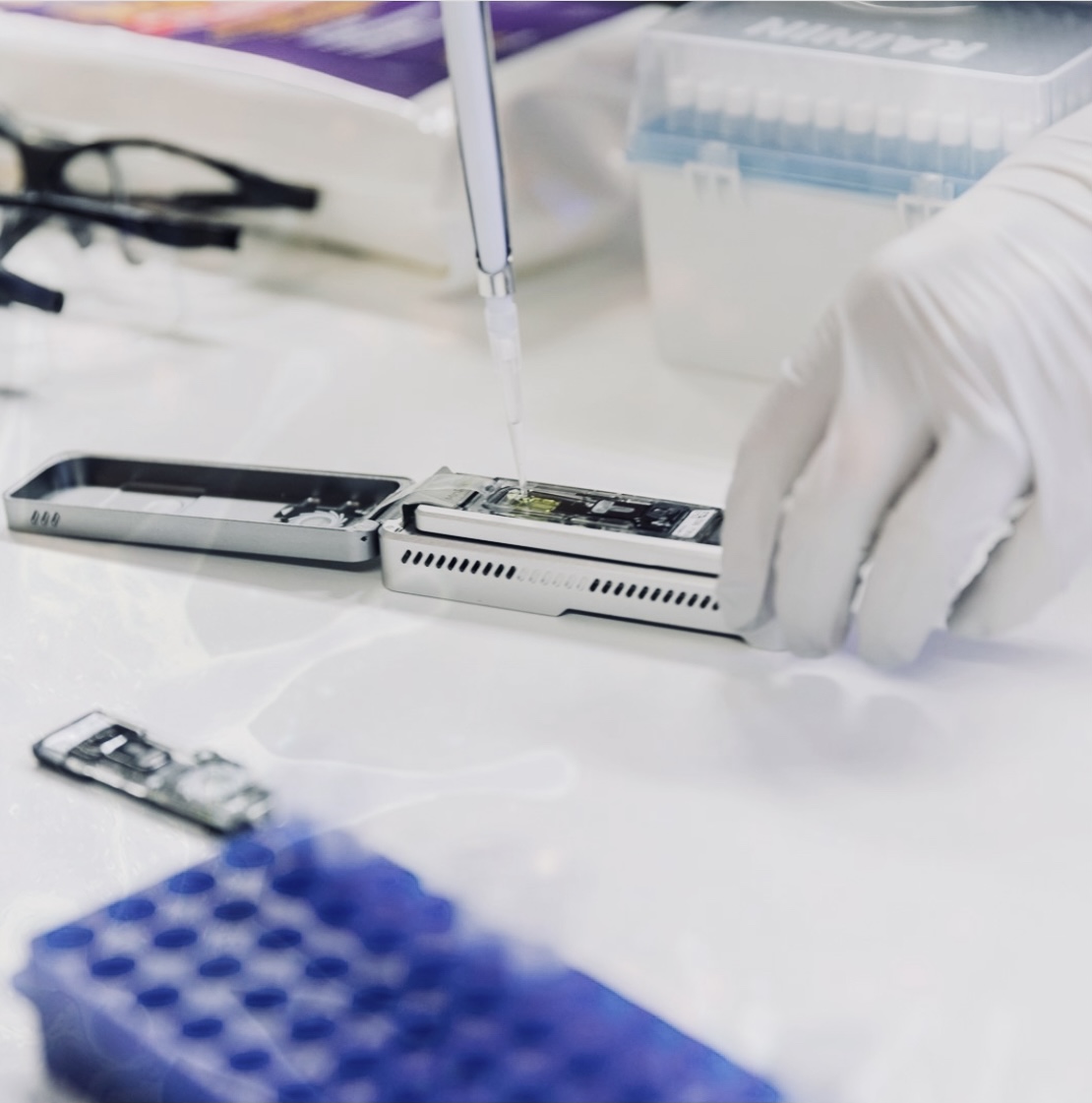 Desired microbial communities varies among different plant communities, which in turn determines the varying nutritional requirements of these plants. We use this test to determine the actual species of fungi and bacteria in your soil/compost/product, for desired plants. Then compare your results to the desired range.
Includes:
Desired microbial communities varies among different plant communities, which in turn determines the varying nutritional requirements of these plants. We use this test to determine the actual species of fungi and bacteria in your soil/compost/product, for desired plants. Then compare your results to the desired range.
Includes: - Total Beneficial Fungal Diversity
- Total Beneficial Bacterial Diversity
- Fungal to Bacterial Ratio
$50.00
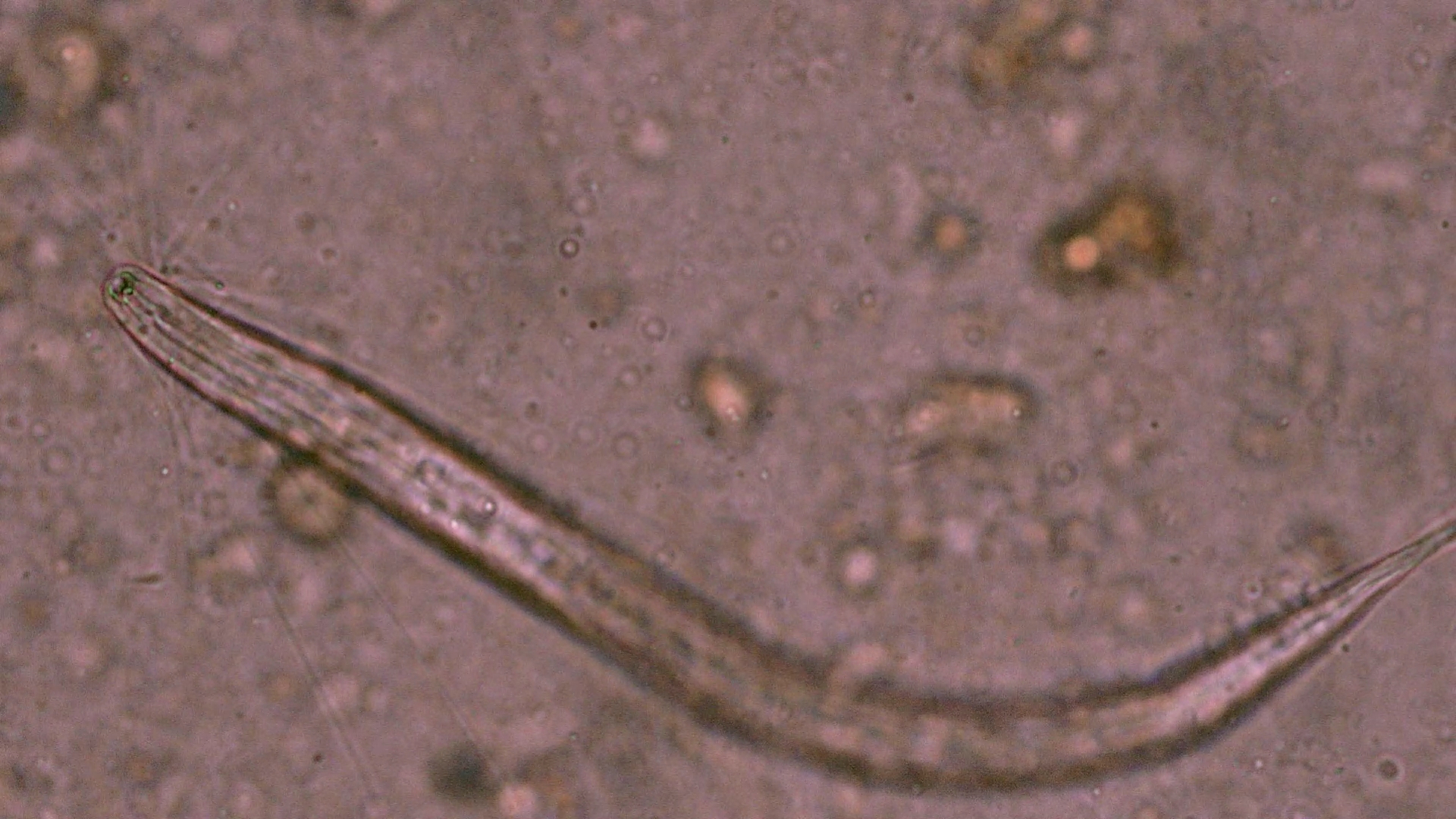 This analysis identifies any presence of pathogenic nematodes in your soils and composts, and to ensure that sufficient “predators” of pathogens, fungi, and bacteria are present in your soils if there’s an imbalance. As well as in the composts you use or make. Without the proper biomass and diversity of nematodes, nutrient and mineral solubility could be low, risk of plant parasites are high, and fungal populations are significantly less stimulated. Nematodes are one of the most important biological indicators of stress in soil systems.
Includes:
This analysis identifies any presence of pathogenic nematodes in your soils and composts, and to ensure that sufficient “predators” of pathogens, fungi, and bacteria are present in your soils if there’s an imbalance. As well as in the composts you use or make. Without the proper biomass and diversity of nematodes, nutrient and mineral solubility could be low, risk of plant parasites are high, and fungal populations are significantly less stimulated. Nematodes are one of the most important biological indicators of stress in soil systems.
Includes: - Beneficial Nematode Biomass
- Beneficial Nematode Diversity by ecological function (bacterial, fungal, predator)
- Pathogenic Nematode Biomass
- Pathogenic Nematode Diversity (parasitic nematodes, switchers)
$60.00
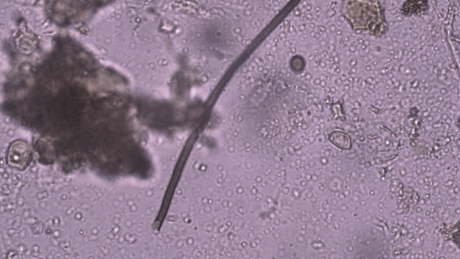 Includes:
Includes: - Total Beneficial Fungal Biomass and Diversity (μg/g)
- Total Beneficial Bacterial Biomass and Diversity(μg/g)
- Fungal to Bacterial Ratio
Contact
Inquiries:
Call:
Email:
Write:
EARTH BIOLOGY LAB, L.L.C.
7125 Headley St. SE #1044
Ada, MI 49301-9921
